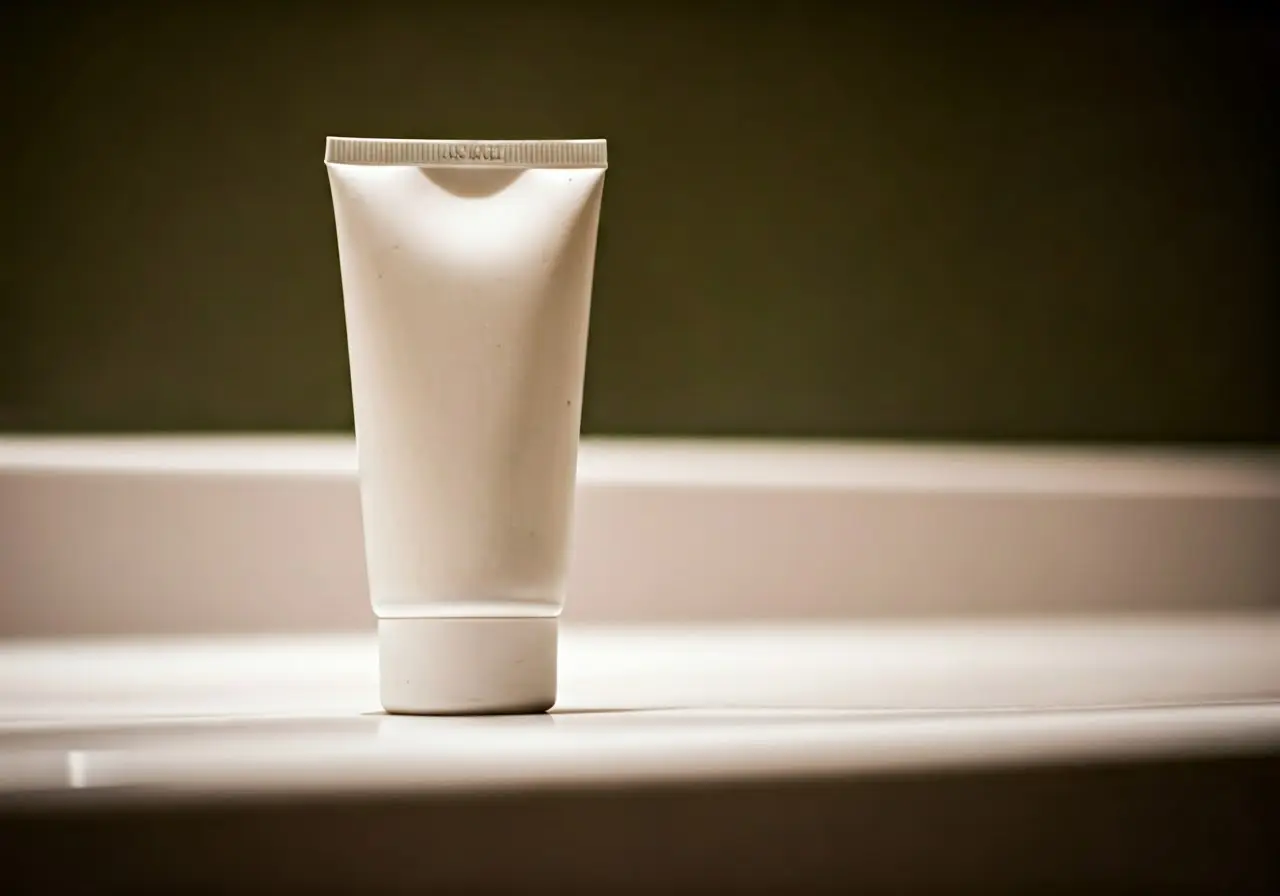Can Anti-inflammatory Cream Help with Acne Prone Skin?
Dealing with acne-prone skin can be challenging, and finding the right solution often feels like a never-ending quest. In recent years, anti-inflammatory creams have gained popularity as potential allies in this battle. But do they really help? Let’s dive into how these creams work and explore whether they’re a good fit for your skincare routine.
What are Anti-inflammatory Creams?
Anti-inflammatory creams are topical treatments designed to reduce inflammation in the skin. They are often used to soothe irritation and swelling, making them a common choice for various skin conditions.
These creams come in various formulations, most containing active ingredients like hydrocortisone, which is known for its ability to counter swelling and redness, often associated with skin inflammation learn more about hydrocortisone for acne.
In the realm of skincare, inflammation can lead to redness, swelling, and discomfort. By using anti-inflammatory creams, individuals can address these symptoms, thus preventing further irritation and allowing the skin’s natural healing processes to take effect.
How Do Anti-inflammatory Creams Work?
These creams work by targeting the inflammatory response in the skin. Ingredients like cortisone or natural extracts such as aloe vera reduce swelling, ease discomfort, and help the skin heal.
The efficacy of anti-inflammatory creams hinges on their ability to inhibit the body’s inflammatory processes. For example, they reduce the activity of enzymes that release inflammatory mediators, ultimately soothing inflamed skin and offering relief to those dealing with chronic irritation.
Anti-inflammatory properties can also be found in some natural skincare ranges, like the ones within AB BIOINNOVATIONS. By promoting healthier skin through scientifically-backed formulations, AB BIOINNOVATIONS delivers not just moisture but lasting relief for irritated skin.
Can Anti-inflammatory Creams Help with Acne?
Anti-inflammatory creams can help diminish the redness and swelling of acne lesions, but they do not address the root causes of acne, such as excess oil production or clogged pores. Therefore, they can be used as a part of a broader acne treatment plan.
While these creams do not target acne directly, they are effective in minimizing the redness and puffiness associated with acne. This is particularly useful for individuals whose acne is inflammatory, such as in the case of cystic acne more about hydrocortisone efficacy.
Used in conjunction with a comprehensive acne treatment regimen, anti-inflammatory creams can enhance the overall appearance of the skin, paving the way for further treatments that address underlying issues like sebum production and bacterial infection.
Who Should Use Anti-inflammatory Creams?
These creams may be beneficial for those experiencing red, inflamed acne lesions or those with sensitive skin types prone to irritation. However, it’s essential to consult with a dermatologist to ensure they’re suitable for your specific skin condition.
Individuals with skin conditions marked by frequent flare-ups may find regular use of anti-inflammatory creams beneficial. However, always consider professional medical advice to tailor your skincare routine to your unique needs.
For those embarking on a new skincare journey, starting with products like the ones offered by AB BIOINNOVATIONS’ Reviews on Health and Skin Care Products can provide insights into their effectiveness and user satisfaction.
Considerations and Side Effects
While generally safe, some anti-inflammatory creams can cause side effects like dryness or irritation if used excessively. Always follow usage guidelines and speak with a skincare professional if you experience any adverse reactions.
It’s crucial to be aware of potential side effects, such as skin thinning or increased sensitivity, which can arise from prolonged use of topical steroids. Monitoring your skin’s response ensures your regimen promotes healing without compromising your skin barrier.
Understanding your skin’s unique requirements and utilizing products endorsed by trusted experts can significantly enhance your skincare routine. Discover more about AB BIOINNOVATIONS’ offerings here.
Finding the Right Solution for Your Acne-Prone Skin
While anti-inflammatory creams can offer relief and reduce the redness and swelling associated with acne, they are not a one-size-fits-all solution. It’s essential to understand your skin’s needs and consult with a dermatologist to determine the best course of action for your acne-prone skin. With the right guidance, you can find a skincare routine that helps you achieve healthier skin.










